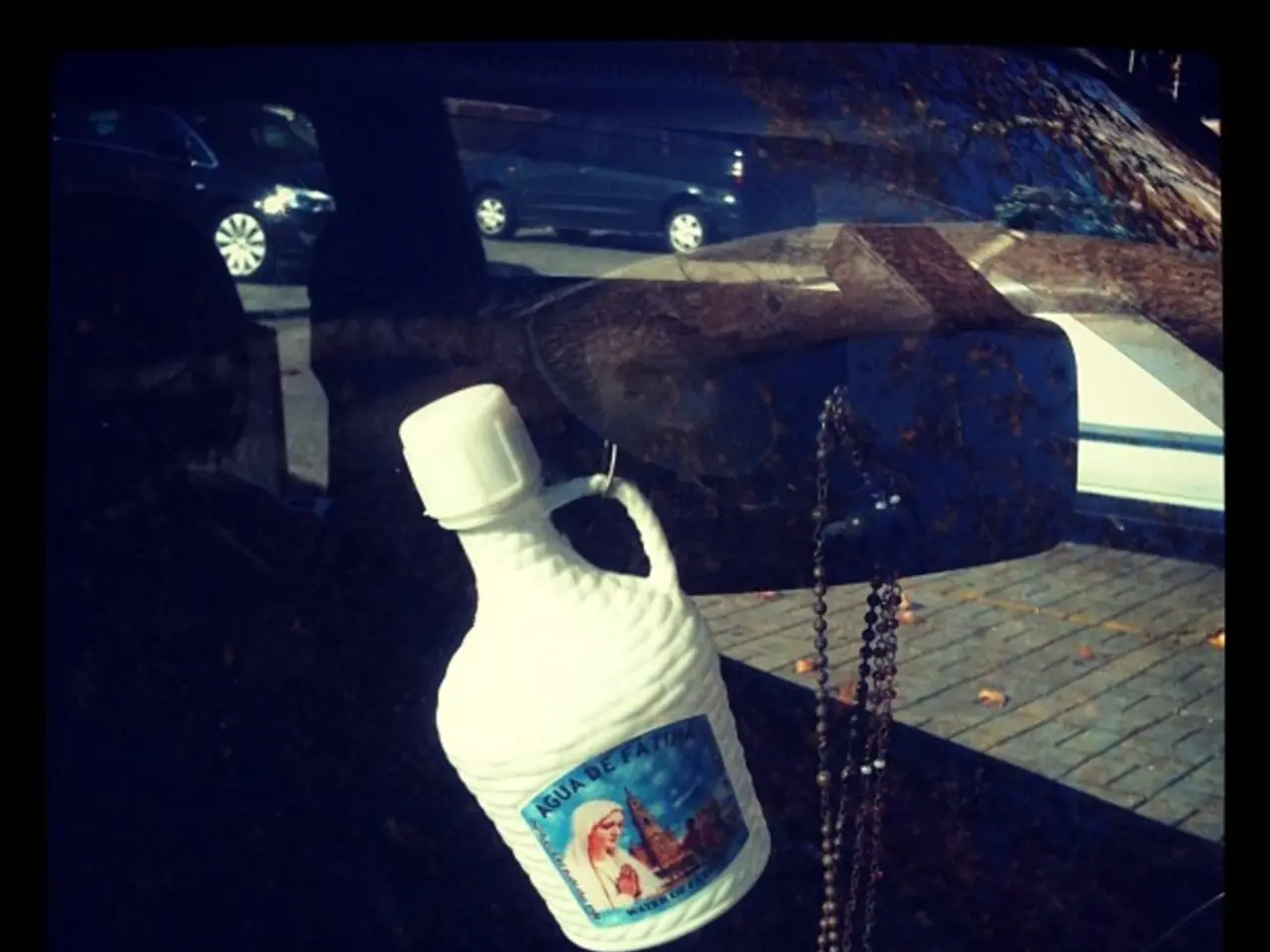Private equity firm grants $2M relief fund to ex-employees of Art Van Furniture
In the retail industry, the role of private equity firms has been under scrutiny due to a pattern of bankruptcies and job losses. A study from December revealed that private equity-owned retailers were responsible for 542,000 lost jobs and 18,000 closed stores [1].
This trend is largely attributed to high leverage and short-term profit extraction models. In 2025, private equity accounted for 70% of major U.S. bankruptcies, those with liabilities over $1 billion, while representing only 6.5% of the economy [1].
One notable example is Forever 21, which was burdened by $1.5 billion in debt under private equity ownership, leading to job cuts and community destabilization due to store closures [1]. Similarly, J.C. Penney, after a private equity acquisition, closed nearly one-third of its locations following bankruptcy, demonstrating ongoing job and retail location losses under private equity management [2][3].
Private equity firms often load retail companies with significant debt, which can undermine long-term business resilience, forcing bankruptcies and resulting in employee layoffs. This has triggered regulatory attention aiming to increase transparency and mitigate systemic risks associated with private equity practices that prioritize short-term returns over sustainable operations [1].
The case of Art Van, a retailer that took on debt after its acquisition by Thomas H. Lee Partners and underwent a rapid expansion, illustrates this trend. Art Van filed for bankruptcy amid "extreme market conditions" and faced limited liquidity, but failed to find a buyer in Chapter 11 to keep it afloat [4].
The closure of Art Van left many employees, including Shirley Smith, a former sales manager, without health insurance, a paycheck, and severance pay in the middle of a global pandemic [5]. However, a hardship fund for former Art Van employees was established as a result of a year-long pressure campaign by workers, with Thomas H. Lee Partners adding $1 million to the fund, bringing the total to $2 million [6].
Since 2016, dozens of private equity-owned retailers have gone bankrupt, with about a third of retailers owned or previously owned by private equity firms since 2002 having filed for bankruptcy as of July 2020 [7]. Art Van and other retailers, including some whose best leases were rolled up into new retailers that have since gone bankrupt, have liquidated during bankruptcy [3].
Employees working with United for Respect, a worker activist group, have been pushing for legislation sponsored by Democratic Sen. Elizabeth Warren that would increase liabilities for private equity firms making leveraged buyouts, curb fees and dividends, and prioritize worker pay in bankruptcies, among other changes [8].
The hardship fund for former Art Van employees is just one example of the impact workers can have in pushing for support during difficult times. Despite the challenges, the fight for transparency and accountability in private equity practices continues.
References: 1. Private Equity's Disproportionate Impact on Retail Bankruptcies 2. J.C. Penney's Bankruptcy and the Role of Private Equity 3. The Retail Apocalypse: How Private Equity is Killing Retail 4. Art Van Furniture Files for Bankruptcy 5. Former Art Van Employees Struggle to Make Ends Meet 6. Thomas H. Lee Partners Adds $1 Million to Art Van Hardship Fund 7. The Retail Apocalypse: How Private Equity is Killing Retail 8. Workers Push for Legislation to Hold Private Equity Accountable
- The pandemic has exacerbated the hardships of employees like Shirley Smith, who lost her job and healthcare benefits when Art Van, a retailer burdened with debt from a private equity acquisition, went bankrupt.
- As the retail industry grapples with job losses and store closures, there remains ongoing concern about the role of private equity firms, with their short-term profit models and high debt practices being blamed for a disproportionate number of bankruptcies, even during times of peace.
- The financial implications of private equity's impact on retail extend beyond job losses, affecting entire communities and local economies, as seen in the string of bankruptcies in the retail sector since 2016. On the other hand, AI and machine learning have the potential to revolutionize finance, offering more efficient and sustainable economic growth strategies, if effectively deployed and regulated.




